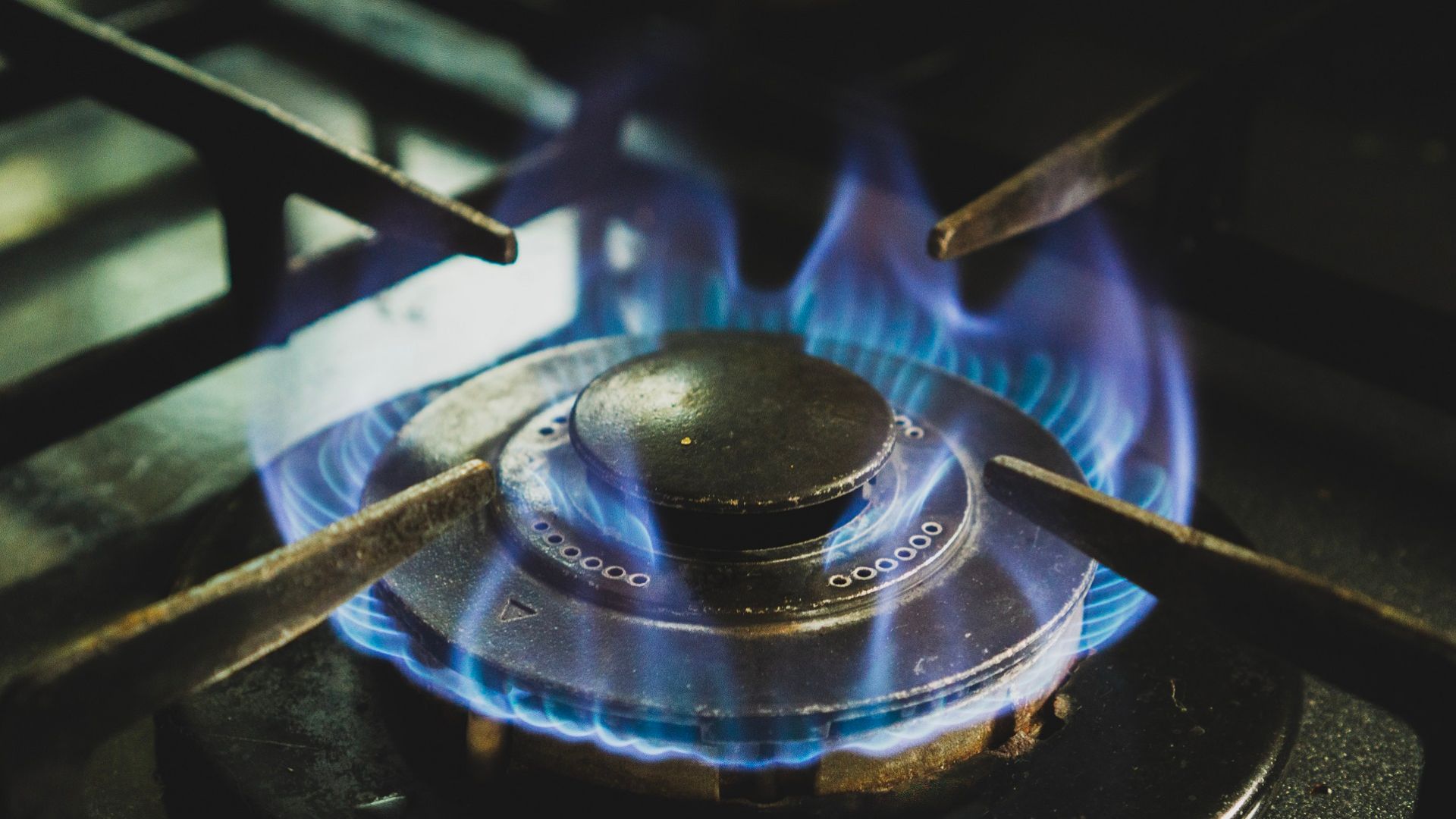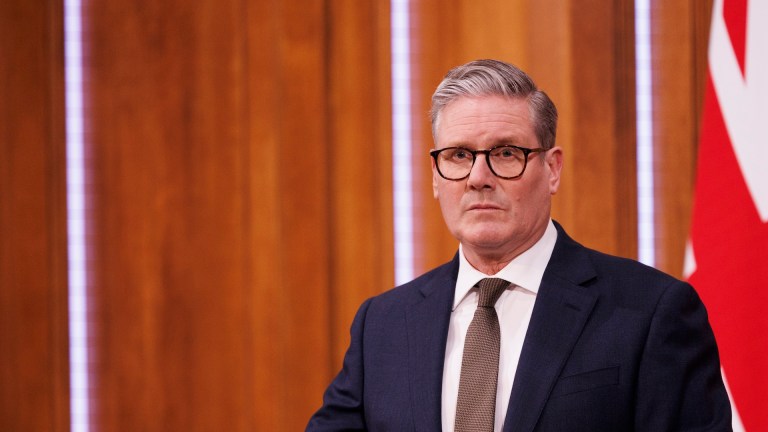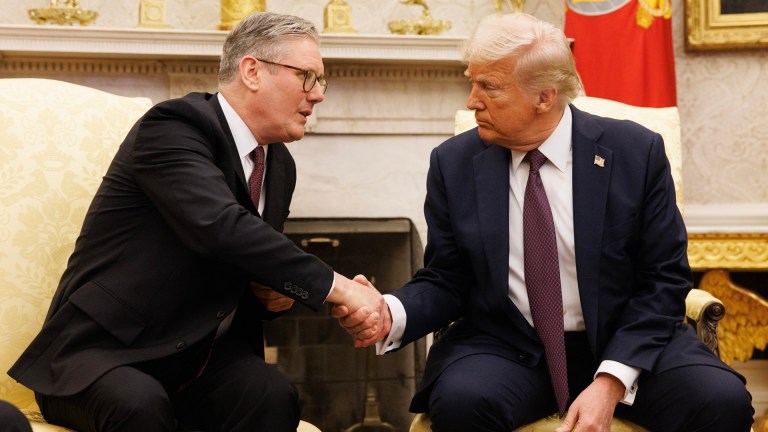Such a scheme could bring down costs for consumers, a spokesperson for National Gas said.
“We are in the early stages of exploring whether a small-scale trial could look at the feasibility of the public turning their gas down slightly during times of reduced supply – voluntarily and in return for payment,” they said.
Can you get paid to reduce your energy demand?
Reducing energy demand eases pressure on the UK grid and lessens the likelihood of blackouts.
Last year, energy shortages prompted many suppliers to adopt the Demand Flexibility Service, which offered discounts to customers who reduced their electricity use on high-demand days.
The National Grid’s ESO – the organisation who run the scheme – plan to reintroduce it this year, “subject to regulatory approval”.
This will allow consumers and businesses to “act as virtual power plants”, head of national control Craig Dyke said.
Advertising helps fund Big Issue’s mission to end poverty
Luckily, an increase in overall grid capacity means blackouts are less likely than last year.
How much will energy bills cost this winter?
Average household energy bills will spike 13% higher this winter than they were last year, energy campaigners will warn.
The maximum price cap will drop to £1,923 on October 1, which is down from £2,074 at present and £2,500 last winter.
But government support brought the average cost down to £1,692 last winter. This year, no equivalent support has been announced.
In an open letter, NEA, Citizens Advice, Age UK and more than 130 other organisations and MPs urged the government to “short-term, targeted support” for people facing fuel poverty.
“These are people whose bills have become so unaffordable that they are having to make the desperate choice nobody should have to make – between heating and eating,” it said.
Advertising helps fund Big Issue’s mission to end poverty
The letter encourages the government to introduce a social tariff, providing cheaper energy for people receiving benefits.
Martin Lewis, founder of moneysavingexpert.com, echoed this call.
“A typical house now pays a once-unthinkable, still-unaffordable £2,000 a year for energy – worse, this winter people won’t get the £400 support they did last,” he said.
“That’s why I’ve long supported a social tariff. It’s why I was excited when the government said it’d bring one in. Now I’m despairing at the deafening silence of inaction. This isn’t trivial, it’s a core wellbeing issue for millions. The government needs to pull its bloody finger out.”










